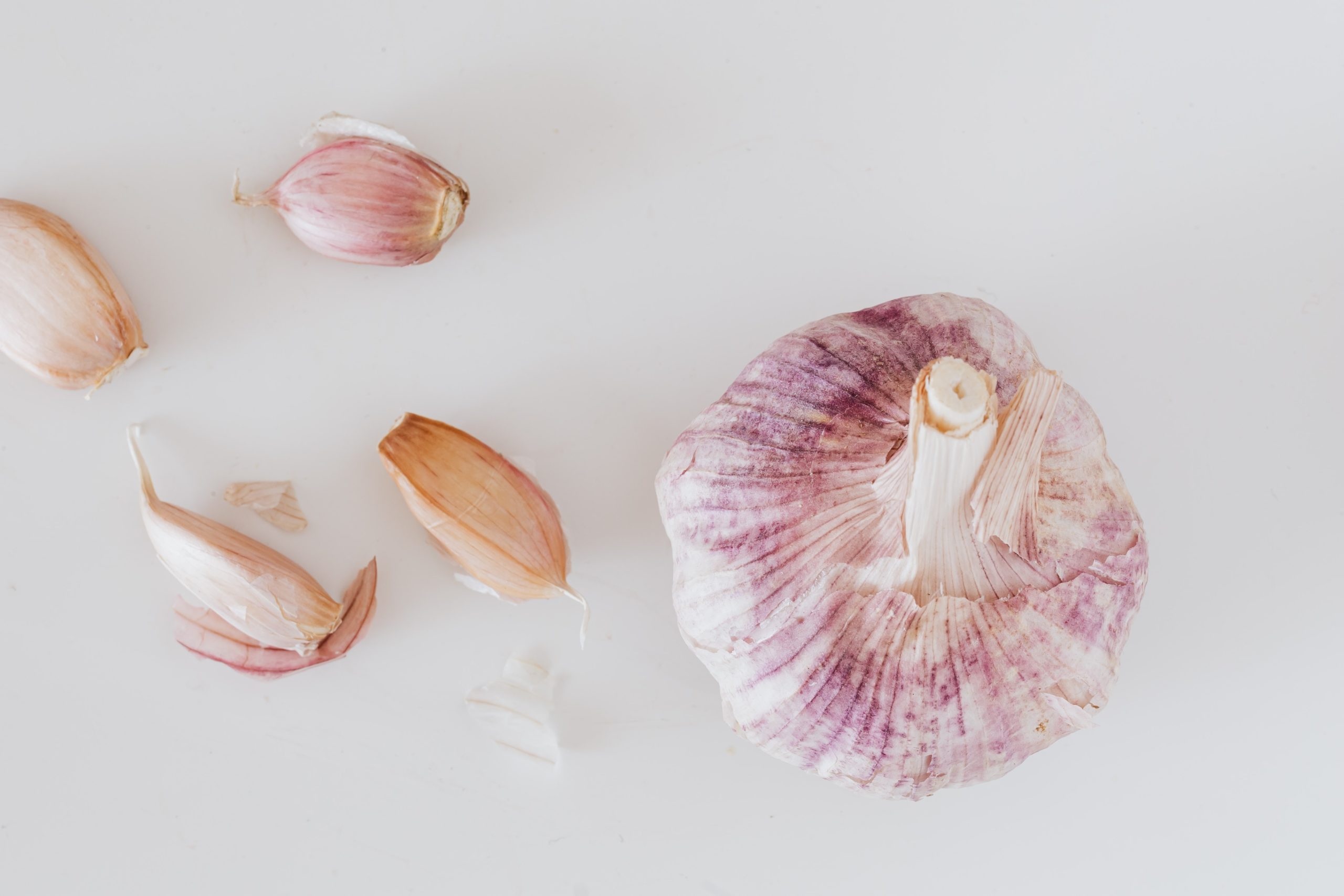I met with Dr. Aliabadi to learn more about PCOS, so that I can now share the causes, symptoms, treatments and all of that good stuff with you guys.
What is PCOS?
Polycystic Ovarian Syndrome (PCOS) is a very common condition that affects 6% of the population of women in their reproductive age. It is associated with elevated androgens (male hormones), which we all have in our systems to a certain level.
PCOS Symptoms
- Hair loss (mostly male-patterned)
- Acne
- Facial hair growth
- Body hair growth
- Irregular periods
- Painful periods (most associated with depression)
- Weight gain (associated with insulin resistance)
There are many symptoms, but you don’t have to have all of them to be diagnosed with PCOS. It’s usually a clinical diagnosis, but in 2013, the endocrinology society determined diagnosis criteria – you need 2 of the following symptoms: elevated androgen, irregular periods and PCOS-looking ovaries on an ultrasound.
Some patients have all the symptoms of PCOS, but when you look at their androgen, it’s within normal limits – that doesn’t mean they don’t have it because some patients have androgen sensitivity.
The name is very confusing – polyCYSTIC ovarian syndrome – so when patients come in, they think they should have big cysts on their ovaries, but this isn’t true. Ultrasound findings actually show ovaries that are a little bit larger with semi-stimulated little follicles, like a “sack of pearls.”
Let’s say you’re 30 years old and battling ongoing acne, have male-patterned hair loss, are overweight and have irregular periods – Dr. Aliabadi knows right away that you have PCOS.
How PCOS Affects Your Body
The majority of patients with PCOS suffer from insulin resistance- the same condition that causes Type 2 diabetes. When people without insulin resistance eat carbs, it goes into their system and stimulates the pancreas to release insulin. That insulin stimulates the skeletal muscles to uptake the glucose from the blood and turn it into energy. For a patient with insulin resistance, when blood sugar goes up and insulin gets stimulated, the cells do not respond well to this insulin, so the glucose is not being taken up by the cell, and it stays in the blood. The glucose goes back to the pancreas, and causes more insulin release, becoming a vicious cycle.
When insulin levels rise, a couple things happen: (1) our bodies turn the extra blood sugar into fat and (2) it stimulates our ovaries to secrete testosterone. Elevated testosterone negatively inhibits your brain to go through the ovulation process, so you stop ovulating and don’t get your period. The elevated testosterone also causes cosmetic issues – acne, hair loss, facial hair, etc.
PCOS Causes
The exact cause is unknown, but we know it could be genetic. Patients who are overweight also push themselves into a PCOS situation because they develop insulin resistance from being overweight, and once insulin rises, testosterone rises. So PCOS can cause weight gain, but weight gain can also cause PCOS.
PCOS Treatment
- Low carb diet. I advocate for a vegan diet, but if you have PCOS, this might not be the best diet for you because it can be high in carbohydrates.
- Exercise. When you have a low carb diet and exercise, your blood sugar goes down, so your insulin goes down, so you don’t store fat or secrete testosterone.
PCOS Exercise Tip: Because your testosterone is a little higher (think about how men react better to the weight room), I recommend weight training because you’ll be better at it and get better results.
- Combination birth control pill. The gold standard treatment for PCOS patients with elevated testosterone is a combination birth control pill, which has estrogen and progesterone. Birth control pills stimulate a protein in our blood that acts like a magnet and grabs on to the free testosterone floating in our system. By lowering the testosterone, skin clears up, hair loss stops and periods become regular.
- Spironolactone pill. If the patient is seeing results with the first three treatments, but is still experiencing some symptoms, a Spironolactone pill is added. Spironolactone is an anti-testosterone at skin-level …think of it as a cosmetic pill. It blocks hair loss, clears up acne and helps with facial hair.
- Metformin pill. Metformin is a blood sugar medication that lowers your insulin, which in turn lowers your testosterone. It’s common for people with Type 2 diabetes because it lowers insulin levels. When put on Metformin, PCOS patients’ periods become regular. For patients who can’t take birth control, Metformin is usually the answer.
If you use all of these treatments, it works like a charm.
PCOS Risks
PCOS is the #1 cause of infertility. It’s hard enough for people without PCOS to get pregnant, but people with PCOS might only ovulate a few times a year, so their chances are drastically decreased. PCOS patients with infrequent periods also have a higher risk of endometriosis, but when put on a combination birth control endometriosis is also suppressed. PCOS patients tend to have mood disorders, so that also needs to be addressed.
PCOS patients are at risk of diabetes, heart disease and metabolic syndrome in the future, so the diet and lifestyle changes are so important. Patients that have PCOS, are very overweight and have irregular periods are at risk of uterine cancer. It’s good to do an ultrasound and check their lining because you want them to shed that lining to lower their risk of uterine cancer.
If PCOS is caught early, patients will not have hair loss, acne scars or weight gain.
Q & A
Q: Foods that help balance hormones without being on birth control?
A: Any foods that will help you lose weight.
Q: How do you feel about adaptogens?
A: In moderation, it’s fine, but if you think you can fix it with diet …you can’t.
Q: After you have a baby, can PCOS correct itself?
A: It can usually be suppressed for a while, but eventually, it will come up again. It’s not curable, just manageable.
Q: Conceiving with PCOS?
A: Metformin is KEY. If you have PCOS and you want to get pregnant, you have to ask your doctor to start you on Metformin.
Q: How many surgeries are too many?
A: PCOS patients should not have surgery – treatment should take a hormonal and lifestyle approach.
I’m so happy that you guys got to learn this information from one of the best! I hope this answered some of your questions about PCOS.




